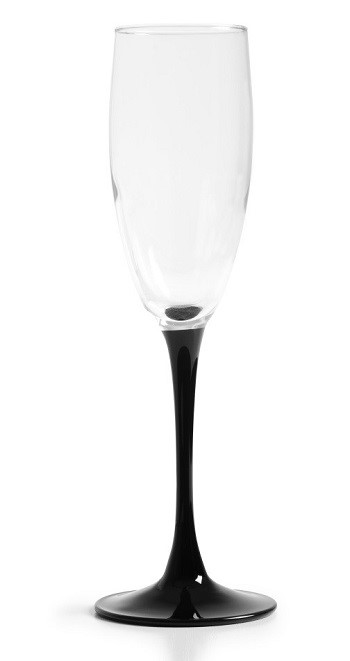Want to join me in a month off from alcohol?
 If so, we’ll be part of growing movement started in the United Kingdom. According to the Dry January organization, over 2 million people participated last year.
If so, we’ll be part of growing movement started in the United Kingdom. According to the Dry January organization, over 2 million people participated last year.
In its 12/2/15 article, The Fix cited early research on the health benefits of a month off from alcohol and interviewed Andrew who takes January off from drinking each year. According to The Fix, “Andrew says the main benefits for him were weight loss and better focus. He found he slept better and awoke refreshed. And after all, he says, it’s only for a month.”
In 2014, NPR reported, “Fourteen healthy New Scientist employees filled out lifestyle questionnaires, underwent ultrasounds and gave blood samples. Then, 10 of them gave up alcohol for five weeks, while four of them continued drinking normally.” NPR discusses the results here. NPR states that liver specialist “[Dr. James] Ferguson warns that a dry January could trigger the same sort of negative boomerang effect as do restrictive diets: First you abstain, then you binge to make up for it. He questions whether a dry January leads to a wetter-than-normal February.” Dry January reports, “8% of participants carry on not drinking after January and two-thirds of people who take part say they are drinking less, six months later.” So it’s hard to predict for each individual what the results might be.
Chris Raine has developed a software platform and mobile apps for people who want to change their drinking, Hello Sunday Morning. The Fix interviewed Raine on 12/18/15. I haven’t tested the software but Raine’s statements seem reasonable to contemplate during a Dry January: “We believe that changing your relationship with alcohol is about more than whether you drink or not, and how much you consume when you do. Rather, it is about understanding why you are drinking in the first place.” Jill Stark shares fascinating revelations resulting from her period of abstinence.
In Do You Think I Have a Drinking Problem?, I wrote earlier this year of my relief that people feel comfortable and free to ask me about drinking, both for themselves and for loved ones. “How do you feel when you don’t drink?” is a key question to ask. Taking some time off from drinking can help provide the answer.
I was abstinent from alcohol for 3 years on December 28, 2015. I am abstinent today, I will join you in abstinence during Dry January, but I’ll keep going in February and March and… I have an acute problem with alcohol and have to abstain completely, forever, in order to treat that problem. O, how I wish you do not have what I have! Regardless, you’re welcome to abstain with me in January and continue with me or not, your choice.
I absolutely loved champagne. If you’re still drinking, savor just a sip for me on New Year’s Eve. Then on January 1, let’s get abstinent and see what happens.
Important: If you have any physical sensations when you delay or do without alcohol, that, unfortunately, indicates a problem. See a health care provider ASAP. And, frankly, if I could begin my recovery from addiction to alcohol over again, I would see my primary care physician before I even stopped. Addiction to alcohol and other substances is a medical illness and requires medical care. Shame and stigma made me go “cold turkey” in 2012 and lack of treatment opened the door to a universe of suffering for which I can barely find words. It did not have to be that hard. However, with people now speaking out about recovery from addiction, 2016 is the absolute best year ever to try dry.
The content of this post is for informational purposes only and is not a substitute for medical or professional advice. Consult a qualified health care professional for personalized medical and professional advice.

